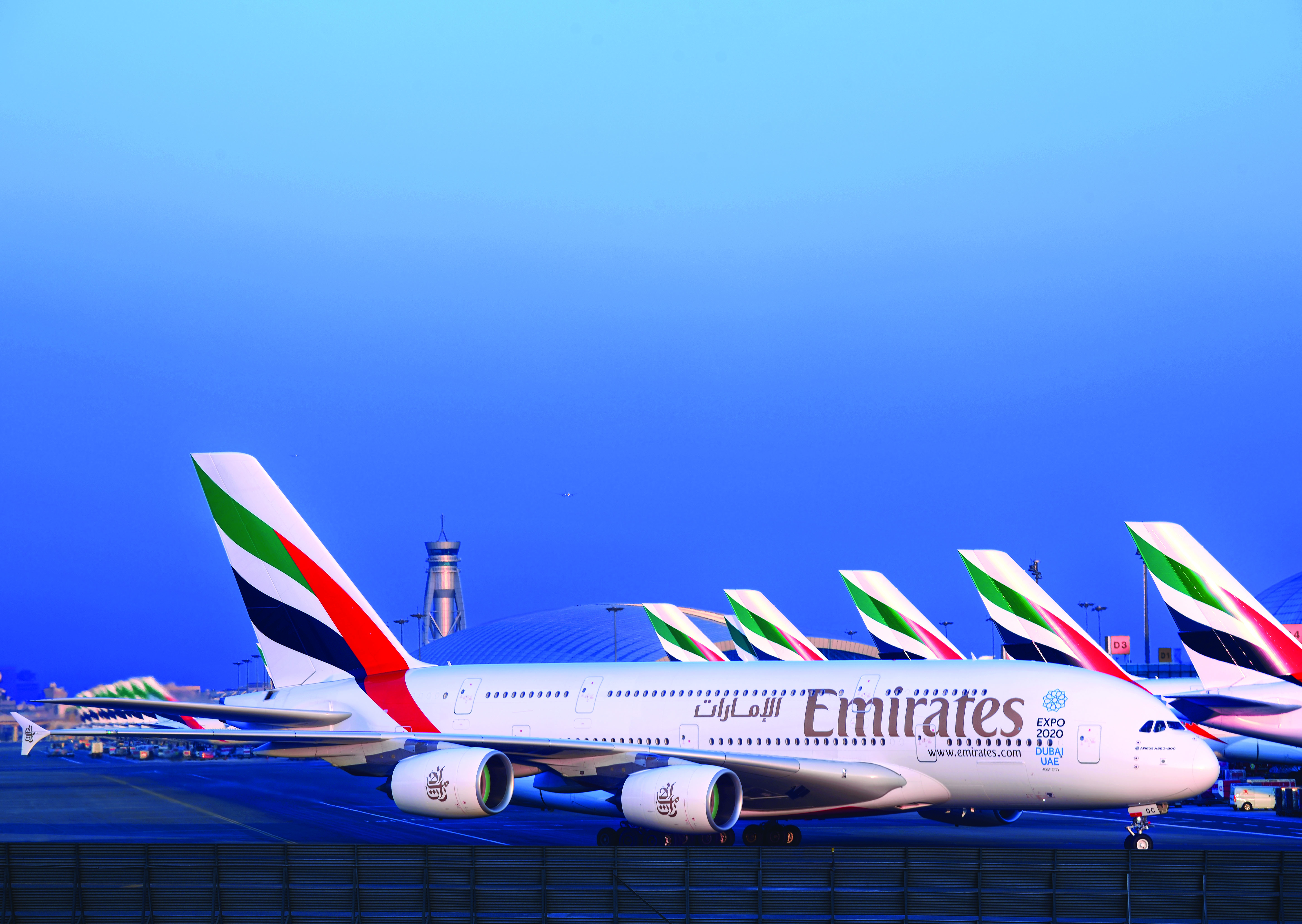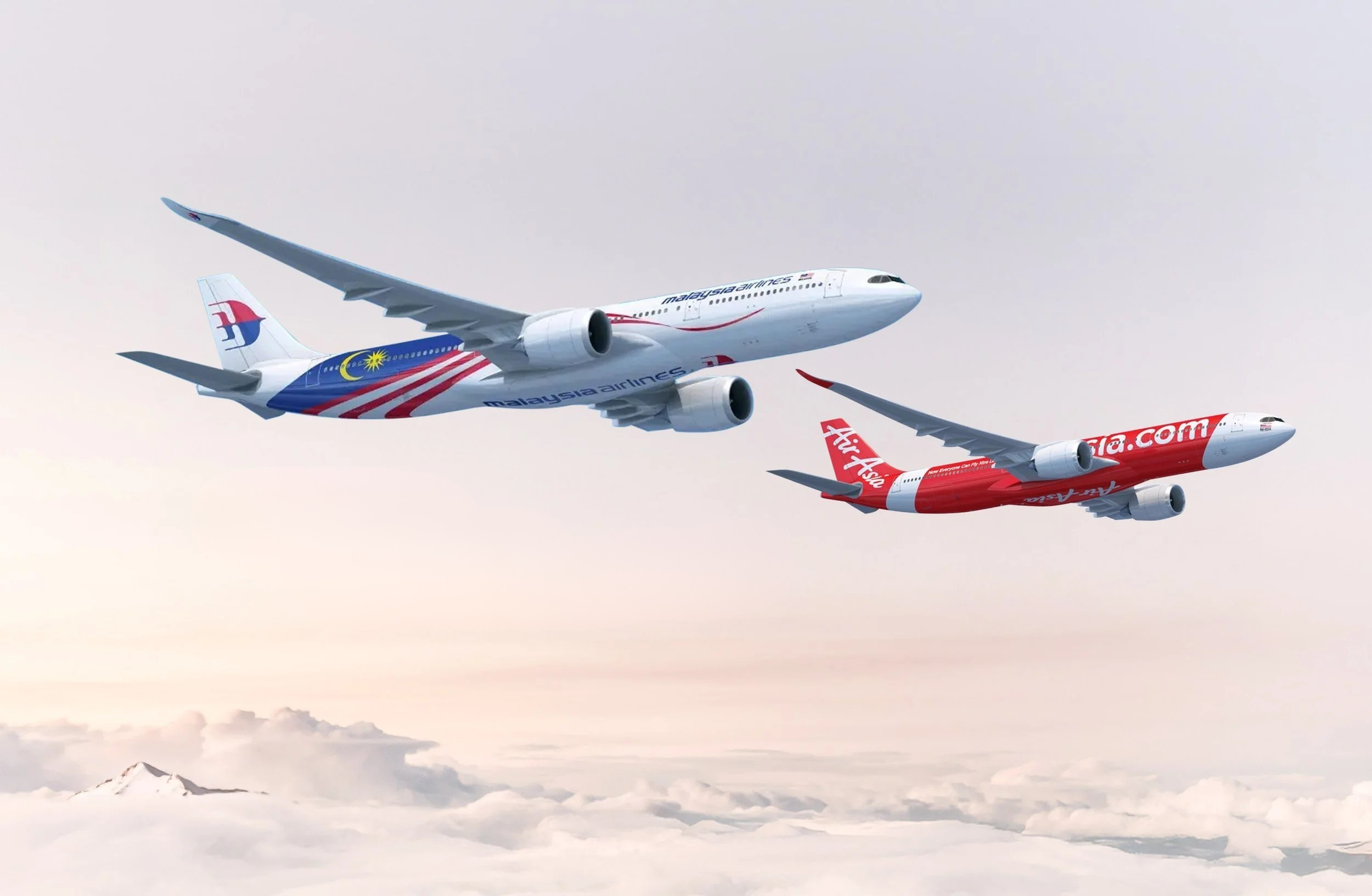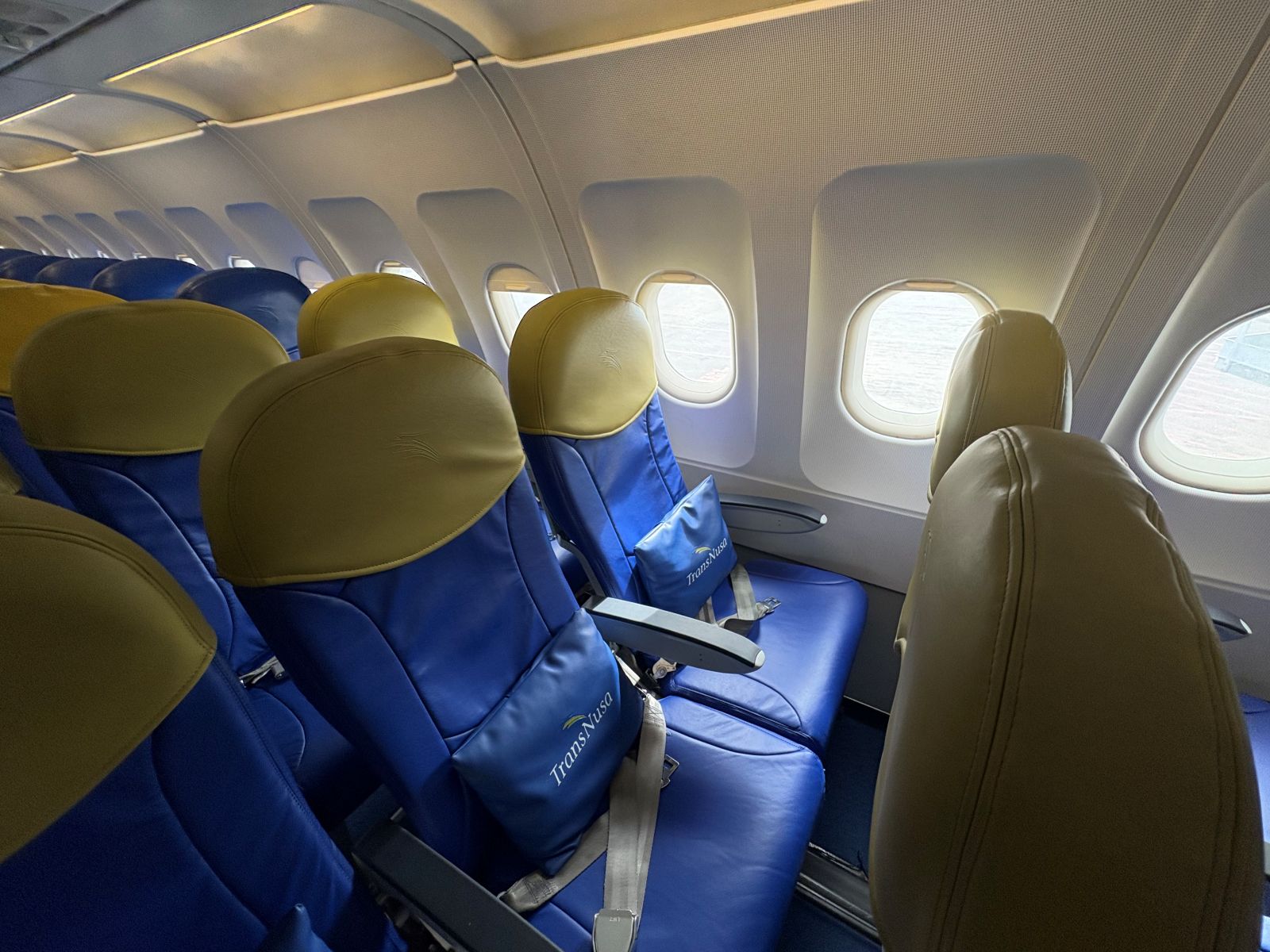The Emirates Group today released its 2022-23 Annual Report, reporting its most profitable year ever on the back of strong demand across its businesses.
Both Emirates and ground handler dnata saw significant revenue increases in 2022-23 as the Group expanded its air transport and travel-related operations following the removal of nearly all pandemic-related restrictions around the world.
For the financial year ended 31 March 2023, the Emirates Group posted a record profit of AED 10.9 billion (US$ 3.0 billion) compared with an AED 3.8 billion (US$ 1.0 billion) loss for last year. The Group’s revenue was AED 119.8 billion (US$ 32.6 billion), an increase of 81% over last year’s results. The Group’s cash balance was AED 42.5 billion (US$ 11.6 billion), the highest ever reported, up 65% from last year mainly due to strong demand across its core business divisions and markets.
HH Sheikh Ahmed bin Saeed Al Maktoum, Chairman and Chief Executive, Emirates airline and Group, said: “We’re proud of our 2022-23 performance which is not only a full recovery, but also a record result. This achievement would not have been possible without HH Sheikh Mohammed bin Rashid Al Maktoum, UAE Vice President and Prime Minister, and Ruler of Dubai, whose leadership has been critical to our success today and through the years."
He added: I’m proud of the Emirates Group’s performance for 2022-23, and our contribution to the restoration of air transport and tourism across the markets we serve, including Dubai’s astounding 97% year-on-year growth in international visitors for 2022. The Group is the biggest player in the UAE’s aviation sector, which supports over 770,000 jobs and generates an estimated contribution to GDP of over US$ 47 billion (AED 172.5 billion). With our growth plans, and in line with the Dubai Economic Agenda D33, we expect to significantly increase our contribution to the UAE’s GDP over the next decade through direct and indirect employment, supply chain spending, tourism spending, and trade and commerce benefits from the movement of cargo.”
Commenting on the Group’s 2022-23 turnaround performance, Sheikh Ahmed said: “We had anticipated the strong return of travel, and as the last travel restrictions lifted and triggered a tide of demand, we were ready to expand our operations quickly and safely to serve our customers. Our ongoing investments in our brand, and in our products and services, helped drive customer preference and position us favourably in the market. As a result, we have delivered a record financial performance and cash balance for our financial year 2022-23. This reflects the strength of our proven business model, our careful forward planning, the hard work of all our employees, and our solid partnerships across the aviation and travel ecosystem.”
To support expanded operations and bolster the Group’s future capabilities, Emirates and dnata ramped up recruitment activity across the globe during the year. As a result, the Group’s total workforce increased by 20% to 102,379 employees, representing over 160 different nationalities.
In 2022-23, the Group collectively invested AED 7.2 billion (US$ 2.0 billion) in new aircraft, facilities, equipment, companies, and the latest technologies to position the business for future growth. Our commitments include a massive multi-billion dollar aircraft cabin retrofit programme; an order for 5 new 777 freighters; the building of a new pilot training centre; the opening of Bustanica, the world’s largest vertical farm in Dubai under a partnership with CropOne; new training aircraft for its cadets at Emirates Flight Training Academy; dnata’s acquisition of 30% shares to gain full ownership of its ground handling operations in Brazil; and the building of a new advanced cargo facility in Erbil, Iraq.
The Emirates Group also continued to progress on its sustainability journey during the year. Notably, it signed up to the United Nations Global Compact, a voluntary initiative where Emirates and dnata will work towards making the UN Sustainable Development Goals (SDGs) and Principles part of their strategy, culture, and operations. The Group also signed the UAE Gender Balance Council’s pledge to increase female representation at mid-senior management positions to 30% across the country by 2025.
Amongst its numerous environmental initiatives, a key highlight for Emirates was the successful conduct of a demonstration flight with 100% sustainable aviation fuel (SAF) in one engine of a Boeing 777. This first-in-region initiative contributes to collective industry data and efforts to enable a future of 100% SAF flying. dnata in 2022-23 pledged to invest US$ 100 million (AED 367 million) over 2 years, to improve environmental efficiency across its global business, supporting its goal to reduce its carbon footprint by 50% by 2030.
Sheikh Ahmed said: “In 2022-23, we’ve not only brought back most of our operations but also grew our footprint and capabilities by investing in people, product, and new technologies – demonstrating our agility and ability. We continue to lay strong foundations for future success and join hands with partners to grow our business and to collaborate on innovative solutions for travel and aviation. As our business expands, so does our ability to make a positive impact on the communities we serve. We are steadfast in our commitment to deliver value to our customers and stakeholders while minimising our environmental impact.
“We go into 2023-24 with a strong positive outlook and expect the Group to remain profitable. We will work hard to hit our targets while keeping a close watch on inflation, high fuel prices, and political and economic uncertainty.”
Emirates’ total passenger and cargo capacity increased by 32% to 48.2 billion ATKMs in 2022-23, as the airline continued to reinstate passenger services across its network in line with the lifting of pandemic-related flight and travel restrictions.
In addition to launching services to Tel Aviv, Emirates relaunched flights to six destinations and increased operations to 62 cities across its network throughout the year to serve strong customer demand. By 31 March 2023, the Emirates network comprised 150 destinations across six continents, including 9 cities served by its freighter fleet only.
Emirates also deployed its flagship A380 aircraft to even more cities during the year, bringing its A380 network to 43 destinations as of 31 March 2023.
Enabling its customers to access even more destinations, Emirates signed agreements with new codeshare partners in 2022-23 most notably with United Airlines and Air Canada, expanding the airline’s connectivity in the Americas to over 200 new points, in addition to mutual frequent flyer programme benefits. Emirates also reinforced its strategic partnerships with Qantas and flydubai and added new interline and codeshare partners: Airlink, AEGEAN, ITA Airways, Air Tanzania, Bamboo Airways, Batik Air, Philippine Airlines, Royal Air Maroc and Sky Express.
Emirates received two new 777 freighter aircraft during the financial year. It also phased out 4 older aircraft comprising 2 A380S, 1 Boeing 777-300ER and 1 Freighter. Its total fleet count at the end of March was 260 units, with an average fleet age of 9.1 years.
Emirates’ order book stands at 200 aircraft, including 5 additional Boeing 777-300ER freighter orders announced during 2022-23. The airline’s long-standing strategy of operating modern and efficient aircraft remains unchanged, a commitment which underpins its Fly Better brand promise as a young fleet is better for the environment, better for operations, and better for customers.
With significantly enhanced capacity deployment across most markets, Emirates’ total revenue for the financial year increased 81% to AED 107.4 billion (US$ 29.3 billion). Currency fluctuations in some of the airline’s major markets, notably the Euro, Pound Sterling, and devaluation of the Pakistani Rupee, significantly impacted the airline’s profitability negatively by AED 4.5 billion (US$ 1.2 billion).
Total operating costs increased by 57% from the last financial year. Cost of ownership (depreciation and amortisation) and fuel cost were the two biggest cost components for the airline in 2022-23, followed by employee cost. Fuel accounted for 36% of operating costs compared to 23% in 2021-22. The airline’s fuel bill increased by 143% to AED 33.7 billion (US$ 9.2 billion) compared to the previous year, due to a higher uplift of 49% in line with capacity expansion and a higher average fuel price which was up by 48%.
With the removal of pandemic-related travel restrictions globally, the airline substantially improved its financial results and reported a record profit of AED 10.6 billion (US$ 2.9 billion) after last year’s AED 3.9 billion (US$ 1.1 billion) loss, and an exceptional profit margin of 9.9%, reflecting the best performance in the airline’s history.
Emirates carried 43.6 million passengers (up 123%) in 2022-23, with seat capacity up by 78%. The airline reports a Passenger Seat Factor of 79.5%, compared with last year’s passenger seat factor of 58.6%; and a 7% increase in passenger yield to 37.5 fils (10.2 US cents) per Revenue Passenger Kilometre (RPKM), due to a change in the cabin and route mix, fares and currency.
Have questions or want to share your thoughts?
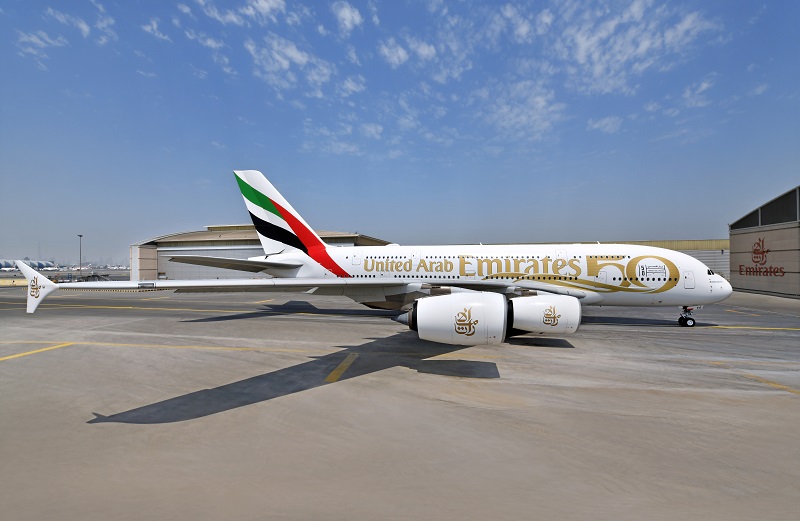

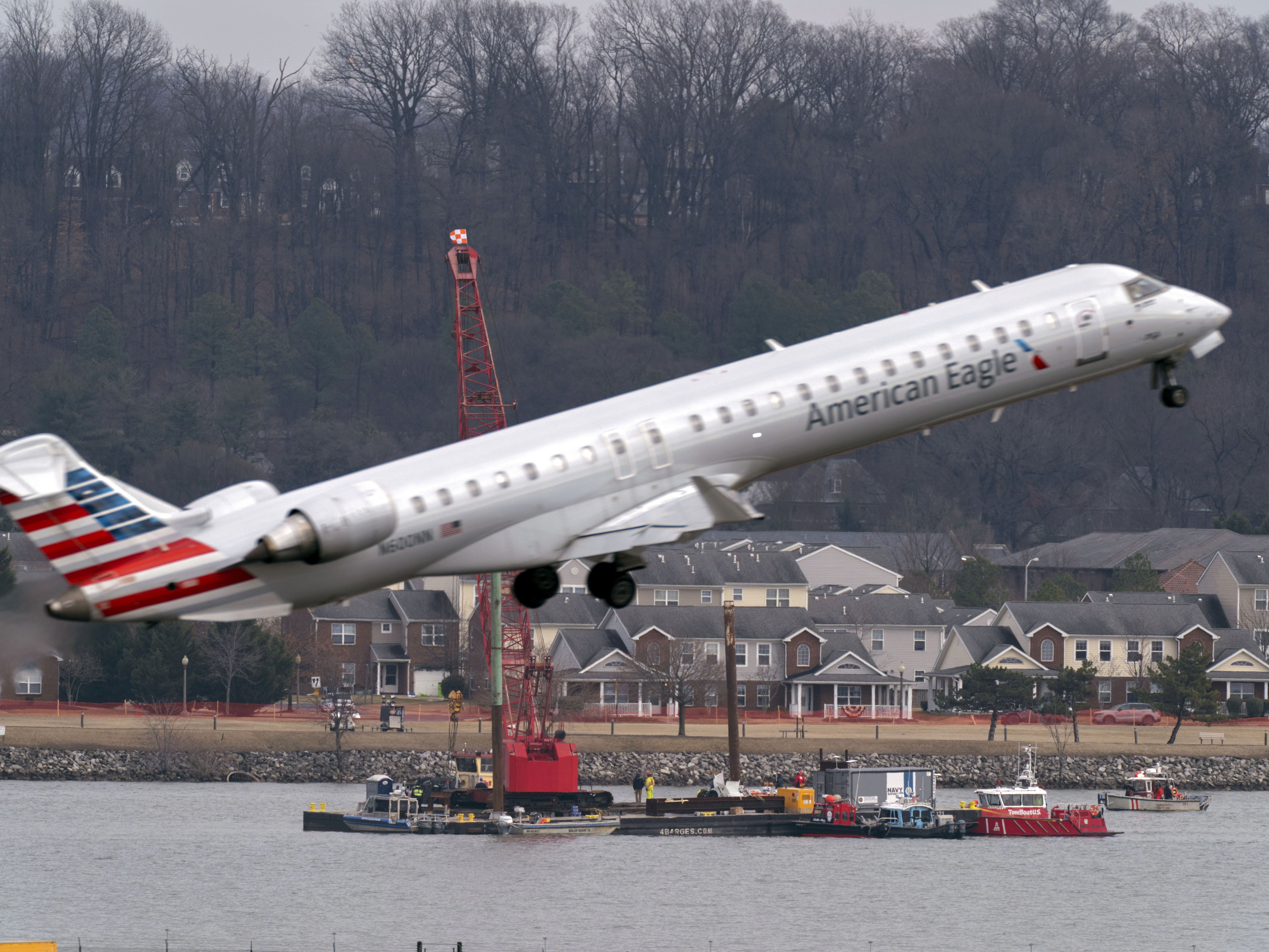
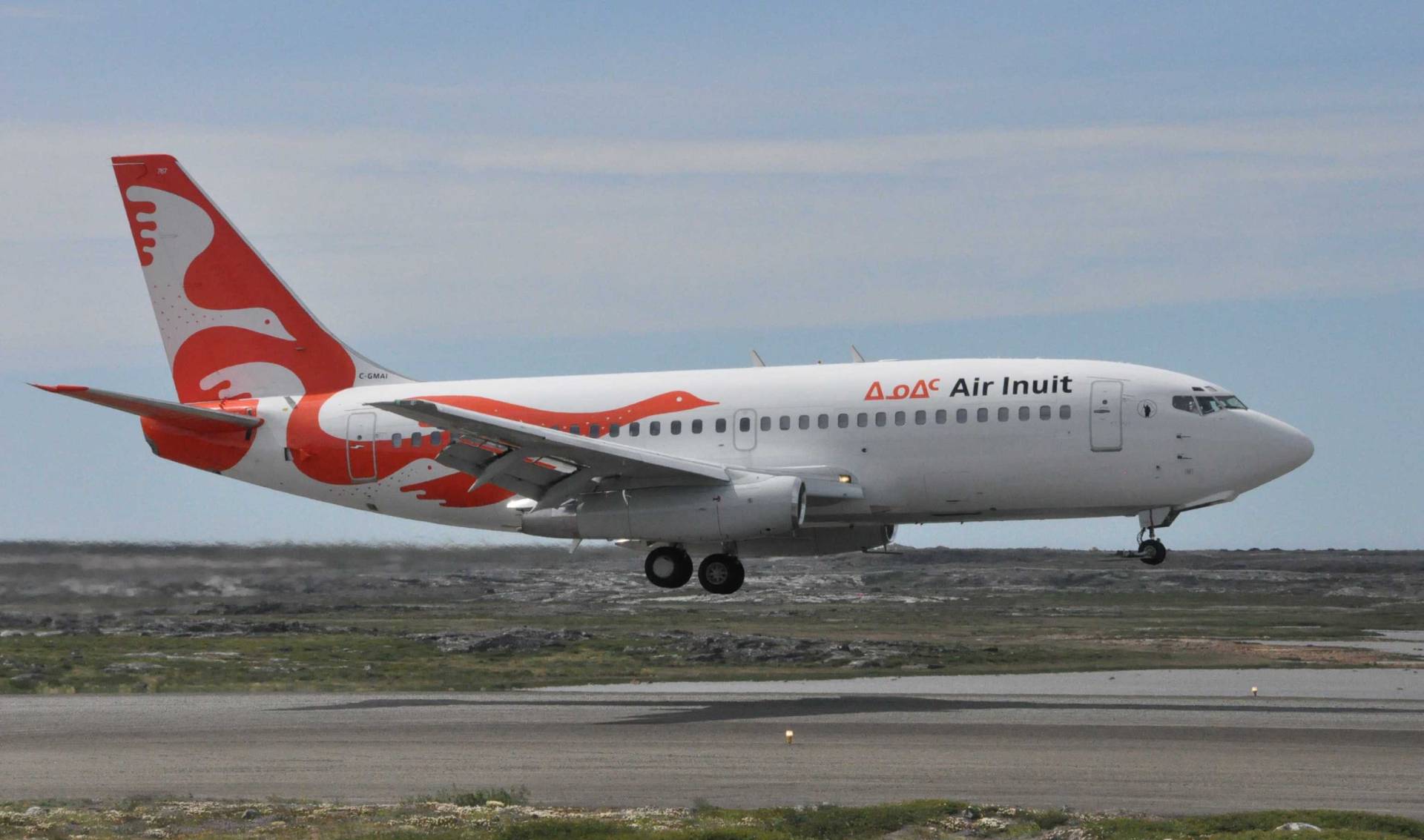
.jpg)
